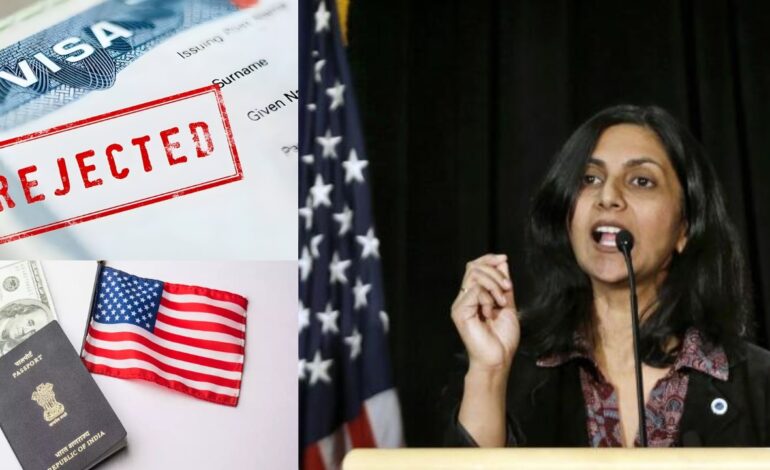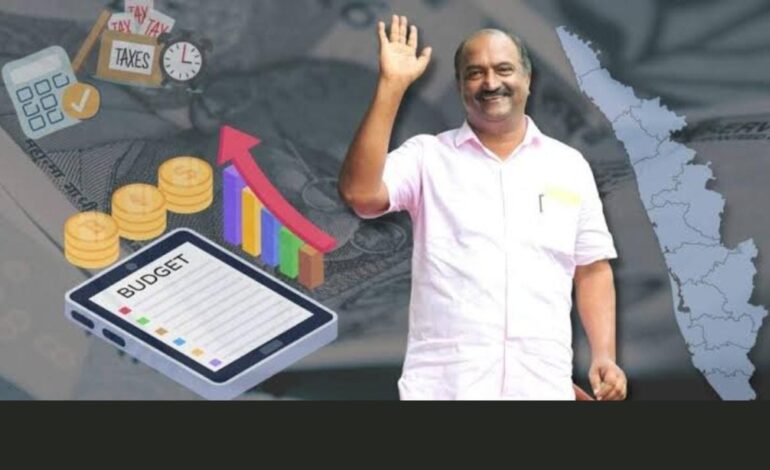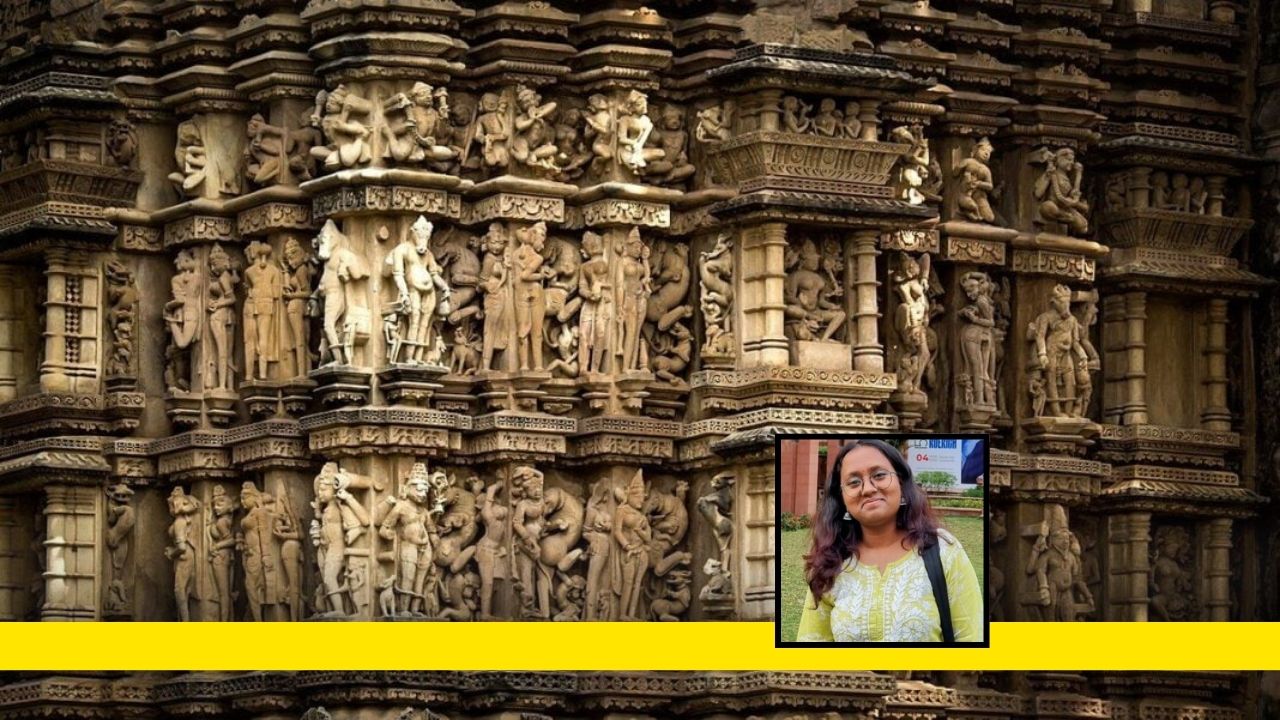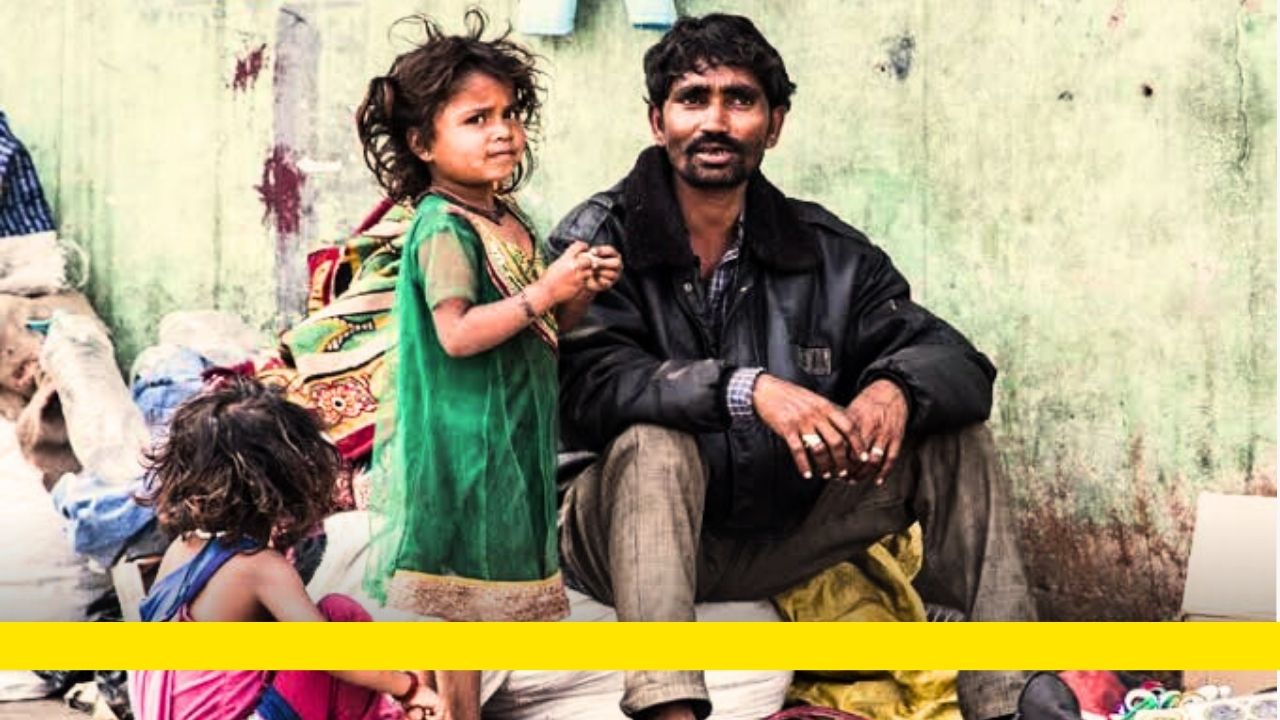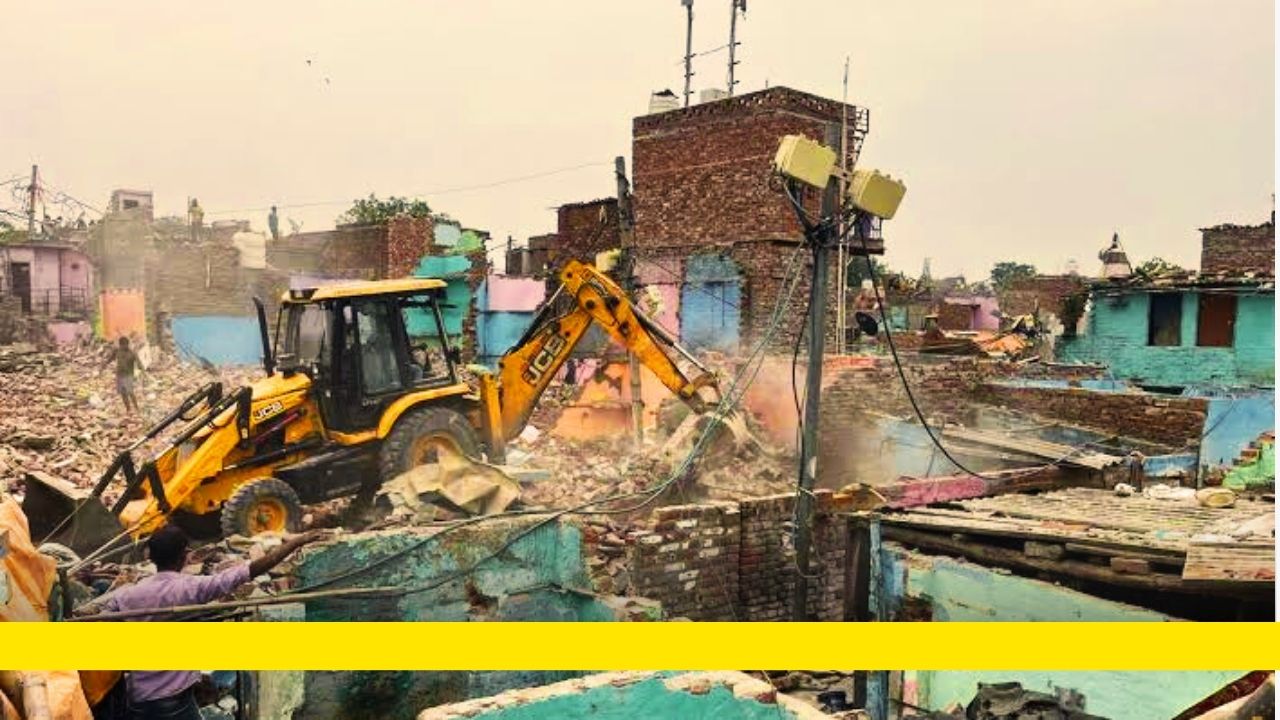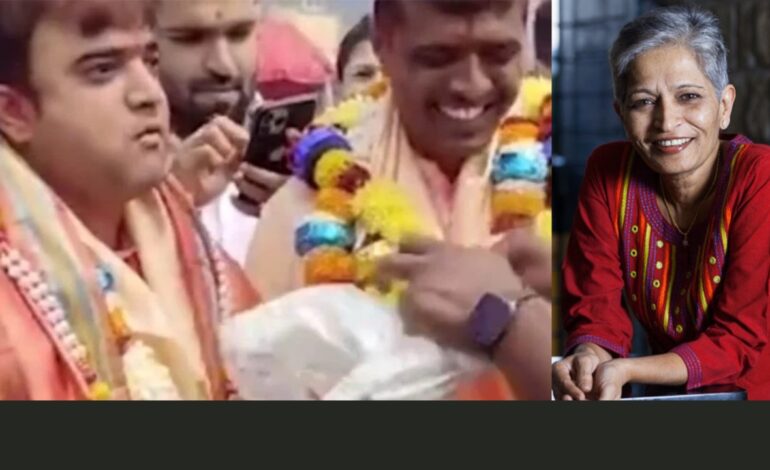
In yet another disturbing display of support for violence, two men accused of assassinating journalist Gauri Lankesh and rationalist MM Kalburgi—Amit Baddi and Ganesh Miskin—were publicly felicitated in their hometown of Hubballi, Karnataka, on Sunday, February 2, 2025. According to Kannada daily Vijaya Karnataka, Baddi and Miskin were honoured with garlands and shawls as supporters burst crackers and raised triumphant slogans. Their celebratory welcome did not stop there—ash gourds were symbolically smashed, a practice often linked to Hindu religious traditions, as a mark of their supposed victory.
Baddi and Miskin, who are currently facing trial for their involvement in these targeted assassinations, later paid visits to the Siddharoodha Matha and Moorusavira Matha, reinforcing their alignment with right-wing religious factions. In a further sign of institutional complicity, banners hailing them as “Hindu tigers” were put up in parts of Hubballi, including near the Tulaja Bhavani temple, before temple authorities belatedly removed them.
In Karnataka’s Hubballi, crowd welcomed Amit Baddi and Ganesh Mishkin, accused in murders of Gauri Lankesh, MM Kalburgi, by garlanding them and draping them in saffron shawls amid chants of JSR.Posters calling them “Hindu tigers returning to establish Hindu Rashtra” were put up. pic.twitter.com/M05Qh9HbP1
— Waquar Hasan (@WaqarHasan1231) February 6, 2025
This grotesque celebration of accused murderers is not an isolated incident. It reflects a broader and deeply troubling pattern within Hindutva extremist circles—one in which individuals who have committed or are accused of committing heinous crimes, including murder, rape, and lynching, are glorified as warriors of their cause rather than held accountable for their actions.
From killers to heroes
The public honouring of Baddi and Miskin comes just months after a similarly shocking episode in October 2024, when two other key accused in the Gauri Lankesh murder—Parashuram Waghmore and Manohar Yadave—were greeted as heroes upon their release from prison. After being granted bail by a Bengaluru sessions court on October 9, 2024, the two men were received in their hometown of Vijayapura with garlands, celebratory chants, and processions organised by the far-right group Sri Rama Sene.
At the centre of this spectacle was Umesh Vandal, a Sri Rama Sene leader who presided over the event as Waghmore and Yadave were draped in saffron shawls and welcomed like returning soldiers. The accused killers, far from showing remorse, went on to publicly pay homage to a statue of Shivaji, a move designed to project themselves as Hindutva warriors fighting a righteous battle. Videos of the event circulated widely on social media, triggering outrage among civil society groups, but drawing no meaningful condemnation from the political establishment.
Adding to the alarming trend, another accused in the Gauri Lankesh murder case, Shrikant Pangarkar, was inducted into the Shiv Sena faction led by Maharashtra Chief Minister Eknath Shinde on October 19, 2024. Pangarkar, a former Maharashtra corporator, had been arrested in 2018 for his role in the assassination conspiracy but was granted bail by the Karnataka High Court in September 2024. The Shiv Sena’s decision to welcome him into its ranks ahead of the Maharashtra assembly elections sparked public outrage, forcing CM Shinde to hurriedly declare the appointment “null and void”—a mere face-saving exercise rather than a principled stand against extremism.
The public felicitations of both the accused in the Bilkis Bano case and the Gauri Lankesh murder case reveal a disturbing pattern of glorifying individuals involved in heinous crimes, particularly those targeting women. In the Bilkis Bano case, the eleven convicts who were responsible for the gang rape and mass murder during the 2002 Gujarat riots were released early and celebrated by right-wing groups, sending a chilling message of impunity for sexual violence against women. Similarly, the accused in the brutal murder of journalist Gauri Lankesh, a prominent woman who fearlessly challenged the forces of Hindutva, were honoured in a manner that undermines the seriousness of the crime. Both cases highlight how violence against women—whether in the form of sexual assault or political assassination—has been co-opted by extremist factions to advance their divisive agendas, while the state’s failure to hold the perpetrators accountable sends a dangerous message about the erosion of justice and respect for women in India. The glorification of such criminals not only trivialises the suffering of the victims but also emboldens future acts of gender-based violence and political murder.
The Gauri Lankesh case: A murder that exposed a network of hate
The killing of journalist Gauri Lankesh in 2017 was not an isolated act of violence. It was part of a calculated campaign against dissenters, rationalists, and progressive voices who dared to challenge Hindutva supremacy. Lankesh, a fearless journalist, was gunned down outside her home in Bengaluru on September 5, 2017, a brutal assassination that sent shockwaves across India.
The Karnataka Police’s Special Investigation Team (SIT) eventually arrested 17 individuals, all linked to the extremist outfit Sanatan Sanstha, revealing a vast network of Hindutva militants operating across multiple states. The investigation found that Waghmore was the shooter, with Miskin as the getaway driver. Their case, like that of many others charged with politically motivated killings, has been dragged out in court, leading to bail for several accused on procedural grounds.
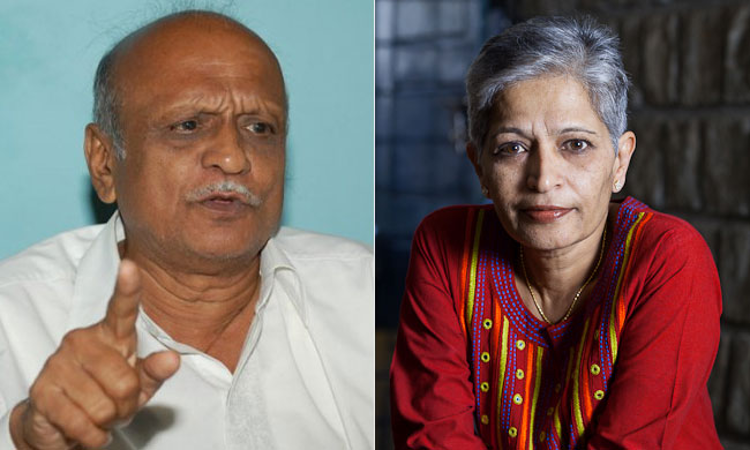
The SIT uncovered further links between the Gauri Lankesh murder and other high-profile assassinations of rationalists, including MM Kalburgi, Govind Pansare, and Narendra Dabholkar. These killings form part of an ideological crusade in which Hindutva extremists systematically target voices that oppose their radical vision of Hindu nationalism.
While legal proceedings remain ongoing, the celebration of the accused makes it clear that for their supporters, these men are not criminals—they are ideological foot soldiers in a war against secularism and rational thought.
A systemic pattern: Hindutva’s hero worship of convicted criminals
The glorification of murder accused in Karnataka is not an aberration—it is part of a well-documented pattern of Hindutva forces celebrating individuals involved in communal violence, sexual violence, and hate crimes.
- 2022: Bilkis Bano Case (Gujarat) – Eleven convicts in the gang-rape and mass murder case were released early and garlanded in Godhra by RSS member Arvind Sisodia, signalling approval of anti-Muslim violence.
- 2020: Bulandshahr Mob Violence (Uttar Pradesh) – Shikhar Agarwal, accused in the mob killing of police officer Subodh Kumar Singh, was honoured by BJP’s Bulandshahr president Anil Sisodia, reinforcing political protection for rioters.
- 2019: Bulandshahr Lynching Case (Uttar Pradesh) – Seven accused in Inspector Singh’s lynching received a hero’s welcome from Bajrang Dal, VHP, and right-wing groups, legitimising vigilantism.
- 2018: Gujarat Pogrom Planner Honoured (Gujarat) – Keka Shastry, a VHP leader who admitted to planning the 2002 Gujarat carnage, was felicitated and praised by BJP leaders, showcasing open endorsement of communal violence.
- 2018: Ajmer Dargah Blast Convict Welcomed (Gujarat) – Bhavesh Patel, convicted in the 2007 Ajmer Dargah blast, was given a grand celebration by BJP and VHP, normalising Hindutva-led terrorism.
- 2018: Minister Felicitates Lynching Convicts (Jharkhand) – Union Minister Jayant Sinha garlanded eight men convicted of lynching coal trader Alimuddin Ansari, highlighting state complicity in mob violence.
- 2018: Kathua Rape Case Protests (Jammu) – BJP leaders and Hindu Ekta Manch members organised rallies in support of men accused of the gang rape and murder of an eight-year-old girl, exposing the communalisation of sexual violence.
- 2013: Muzaffarnagar Riots Accused Honoured (Uttar Pradesh) – BJP’s ‘Human Rights Cell’ felicitated Sangeet Som and Suresh Rana, accused of inciting communal riots that killed over 60 people and displaced thousands.
- 2018: Giriraj Singh Backs Riot-Accused (Bihar) – Union Minister Giriraj Singh visited Bajrang Dal and VHP members jailed for communal riots, portraying them as victims of political persecution.
- 2014: Hindutva Bravery Award for Murder Accused (Maharashtra) – Hindutva groups planned to honour Dhananjay Desai, Hindu Rashtra Sena leader accused of murdering Pune techie Mohsin Sheikh, reinforcing the veneration of violent extremists.
From political patronage to social media glorification, the infrastructure of Hindutva extremism ensures that those who commit violence against minorities, journalists, and rationalists are not just shielded but celebrated. The repeated public honouring of individuals accused or convicted of such crimes is not merely a law-and-order issue; it is a fundamental challenge to the fabric of Indian democracy.

The danger of normalising hate
The message sent by these acts of public glorification is clear: in today’s India, those who commit violence in the name of Hindutva are not just protected—they are exalted. By treating rapists, lynchers, and murderers as heroes, both convicted and accused, the Hindutva ecosystem is ensuring that such crimes will not only continue but will be carried out with even greater impunity.
The failure of the state to curb these displays of hate is a tacit endorsement of the growing culture of extremist violence. With each celebration of hate criminals, Hindutva forces are further emboldened, deepening the assault on secularism, diversity, and democracy itself. The question now is not just about whether justice will be served in individual cases—it is about whether India can still call itself a nation governed by the rule of law, or whether it has fully embraced mob rule in the name of Hindutva.
This article was originally published in SabrangIndia and can be read here.


